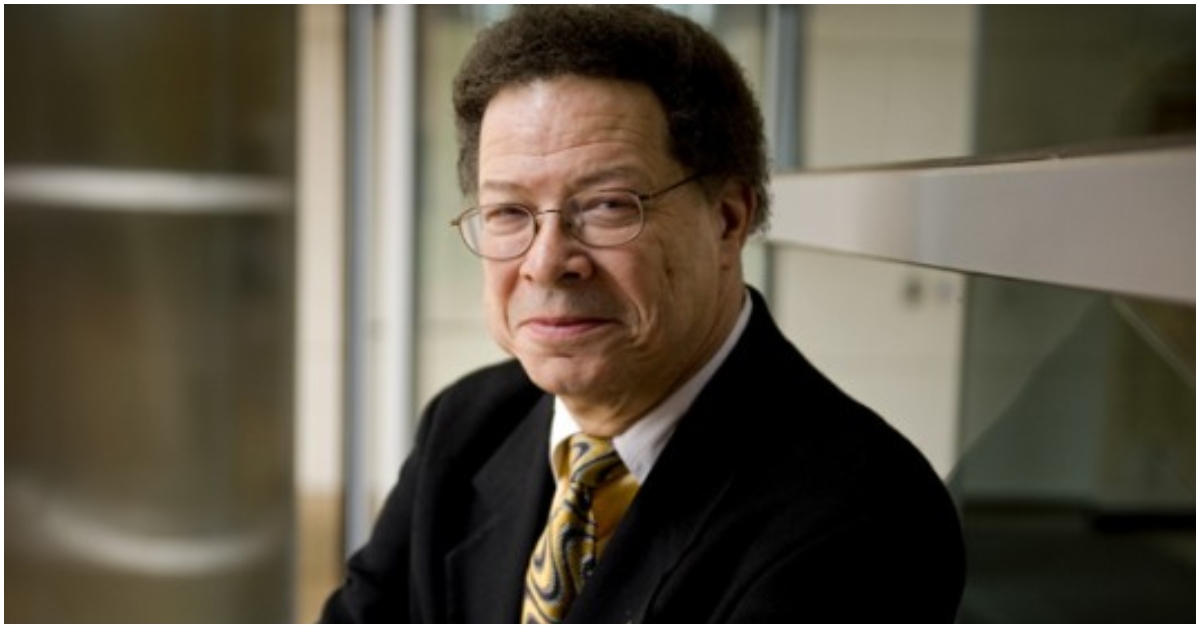Dr. Levi Watkins Jr. transformed the field of medicine and inspired countless lives through his work. As the first Black chief resident in cardiac surgery at Johns Hopkins University, he broke barriers and set new standards for inclusion in medical education. Beyond his surgical skills, Watkins devoted his life to making opportunities accessible to others.
Pioneer in Cardiac Surgery
Dr. Watkins made history by implanting the first automatic heart defibrillator in a patient in 1980. This groundbreaking procedure revolutionized the treatment of life-threatening heart conditions, saving countless lives. His innovation cemented his place in medical history as a leader in advanced cardiac care.
Duke Cameron, a cardiac surgeon at Johns Hopkins, praised Watkins for his work. “Levi was such an important role model in the minority community. His work went so far beyond the hospital,” Cameron shared.
Champion for Minority Students
Dr. Watkins also reshaped the culture of medical education. In 1975, he initiated a campaign to recruit talented minority students to Johns Hopkins School of Medicine. His efforts drew Black students nationwide, proving that diversity could thrive at one of the world’s most prestigious institutions.
This recruitment campaign became a model for other medical schools. Within a few years, it dramatically increased minority enrollment at Johns Hopkins, helping to set new benchmarks for inclusion in higher education.
A Legacy Beyond Medicine
Dr. Watkins did more than pioneer surgical techniques; he touched lives outside the operating room. He founded the annual Johns Hopkins Martin Luther King Jr. Commemoration to honor civil rights and community progress.
Colleagues described him as a spiritual leader, often speaking at churches and inspiring hope in marginalized communities. His influence extended far beyond the walls of the hospital, leaving an enduring impact on medicine and civil rights.
Remembering Dr. Levi Watkins Jr.
Dr. Watkins passed away on April 11, 2015, due to complications from a stroke. He was 70 years old. His contributions to cardiac surgery and civil rights continue to shape medicine and inspire future generations.
Paul Rothman, a former dean at Johns Hopkins Medicine, reflected on his legacy: “Levi remained as powerful a presence and as important an influence on Johns Hopkins as he was when he arrived here.”
Dr. Levi Watkins Jr.’s story is a reminder of how one person can change the course of history. Through innovation, leadership, and compassion, he left the world a better place.





